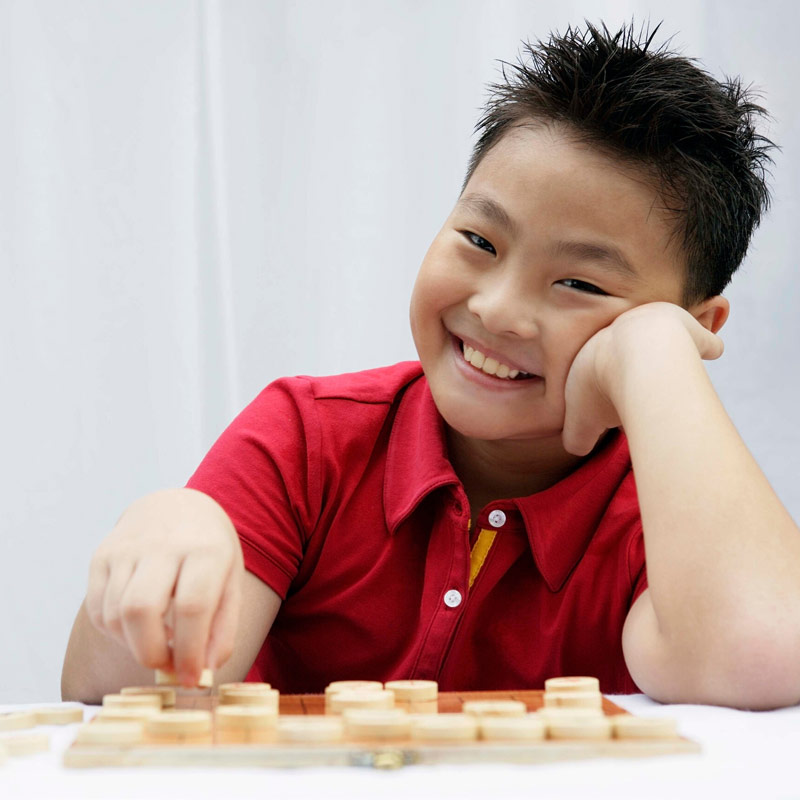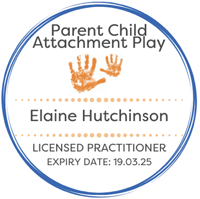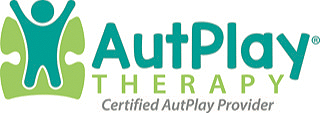Why use play based therapy?
Play is vital for children, it is how they make sense of the world around them and their own internal world. It helps shape all aspects of their learning and development.
Play is a child’s natural way of communication. Using play, in a therapeutic environment with an experienced play therapist who can help support, regulate and keep them safe, enables children to use their play to make sense of their experiences.
Research has shown that play and the use of metaphor allows a child’s brain to develop new neural pathways and strengthen links in their brain. Play can actually positively change a child’s brain structure, especially if the child has experienced early trauma or numerous adverse childhood experiences (ACES).
Play-based learning is also quicker than other ways of learning and requires fewer repetitions to establish a skill.
What is play therapy?
Play therapy helps children explore and express their thoughts and feelings and to make sense of their life experiences through play and the creative arts.
Adults may ‘talk out’ difficulties, but it is easier for children to play out what they are finding difficult to put into words.
Play therapy is used to support children who are struggling with any confused feelings or upsetting experiences. Play therapy can benefit all children, but it is particularly beneficial for children who find it hard to express themselves verbally.
Elaine uses an integrative, holistic and child-centred approach, which means the child leads the play and chooses how they approach any areas of difficulty or challenge and Elaine uses a range of directive and non-directive techniques to support the child.
What can play therapy help with?
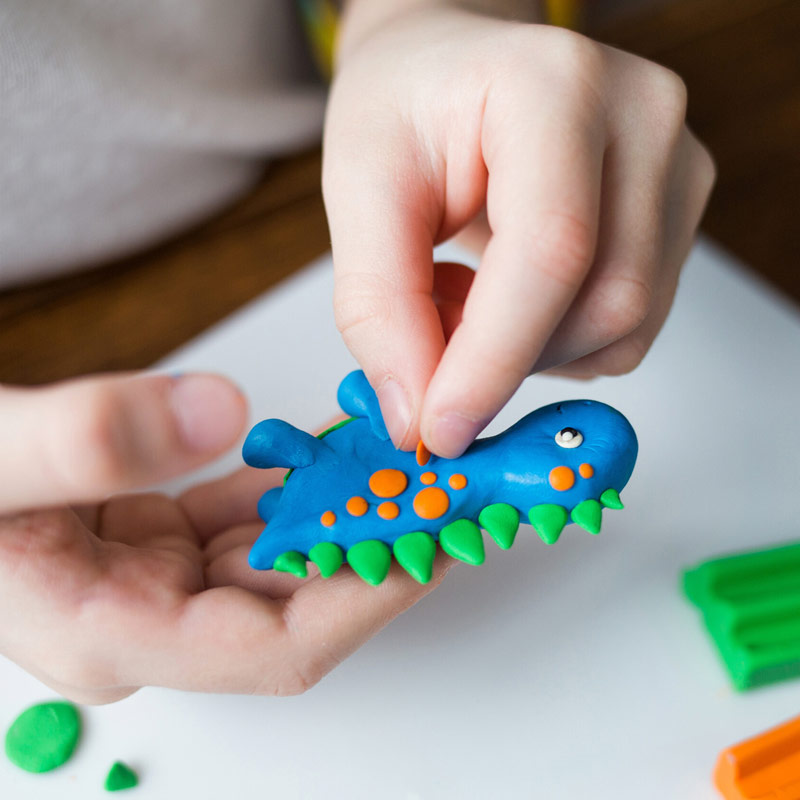
Play therapy can support children with:
- General stress and anxiety, self-esteem and emotional well-being
- Behavioural difficulties
- Attachment issues
- Low confidence and low self-esteem
- Frustration and anger issues
- Fears and phobias
- Experiencing school issues such as transitions to new schools or classes, anxiety around SATs, or exams
- Friendship issues and bullying
- Parental separation, divorce or other family conflict
- Hospital stays and other medical treatment
- Issues around food and other eating issues
- Trauma, including experiencing or witnessed neglect, emotional, physical or sexual abuse
- Adoption, fostering and being in care
- Changes in family dynamics including step-parents, blending families and new siblings
- Experience of a serious accident, other disaster or PTSD
- Additional behavioural needs including attention deficit disorder (ADD), attention hyperactivity disorder (ADHD), autism spectrum diagnosis (ASD), Tourette’s or similar
- Experiencing loss or bereavement
- Sleep issues and toileting issues
How does play therapy benefit your child?
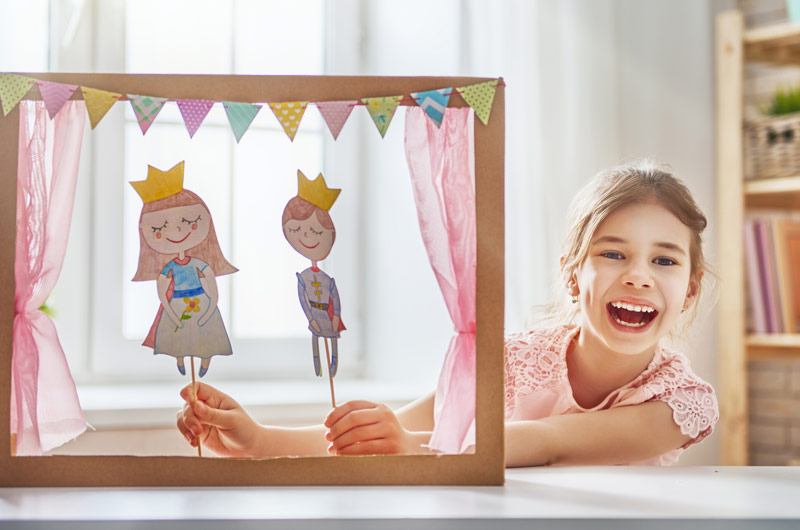
Play therapy helps children to make sense of, or process, their experiences. It helps facilitate healing and enables them to develop new patterns of thinking and ultimately new behaviours.
Play therapy helps children develop resilience and coping methods that they can transfer to other areas of their life and new experiences.
In the sessions children can express themselves how they choose, integrating their experiences into their play and can revisit, replay or rework these experiences or project how they may wish things to be until they can understand themselves and their experiences at a deeper level.
As a therapist, Elaine meets and accept each child where they are at in their life. There are no expectations of how they should be or if they are the same as other children their age. In the playroom the child can be exactly who they need to be at that given moment and it is Elaine’s role to create a warm and welcoming environment, where they can simply be themselves.
Benefits children can gain from play therapy include:
- Reduced anxiety, especially around traumatic events
- Increased self-esteem and self-awareness
- Enhanced confidence and competence
- Increased ability to form positive and healthy relationships
- Improved trust both in themselves and others
- Increased creativity and a desire to play
- Deeper understanding of their emotional responses and increased emotional regulation
- A better understanding of their past to allow more future resilience
- Improved relationships with family and friends

